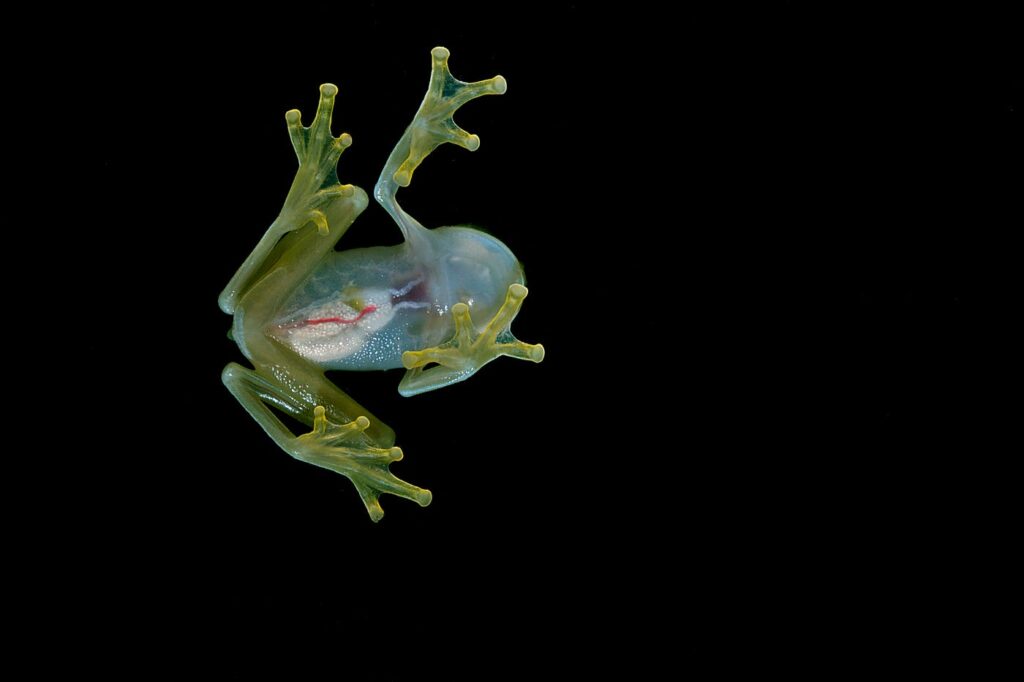
GlassFrog is as old as Holacracy. In fact, it predates our first written Constitution, which shows how vital it has been to making Holacracy transparent, accessible, and well, frankly, usable.
For those who haven’t used GlassFrog, here’s the short version: It’s a cloud-based tool that lets you visually navigate your company’s structure to see who does what. In Holacracy-powered companies, where peer-to-peer accountability replaces the top-down mandates, GlassFrog helps you get the information you need to get work done.
In the beginning, it was called the “Holacracy Support Tool” and we used it mostly internally, to make our own organization’s work transparent and to support our Holacracy practice.

At some point our co-founders, Brian and Tom, decided that the name “Holacracy Support Tool”, while being accurate, didn’t capture the value of the tool. And, to be honest, it lacked soul.
Here’s where I come in. I’m Lex, one of HolacracyOne’s earliest team members and product manager of the GlassFrog software circle. I like software, I like Holacracy, and I really like frogs. I like their cute little faces. I like that they’re amphibious and that some of them can stick to walls. And pretty much anything that eats insects is good in my book. But, you might be asking: why GlassFrog?
Well, not everyone knows this, but a glass frog is actually a real frog. While it’s not the scientific name, these guys are called “glass frogs” for their incredibly cool translucent skin that lets you see what’s happening on the inside.

So, when Brian and Tom were brainstorming names, I advocated for “GlassFrog”. To be honest, they weren’t so sure about it. Now, Brian and Tom were very busy with the rest of the business. So, I made logos… and screenshots… and I pitched the name pretty much every chance I got. Basically Brian and Tom were too busy to stop me, and eventually it became natural to call it GlassFrog.
To be fair, I am not that persuasive, so beyond my personal frog obsession, there were other factors that made the name appealing.
First, Holacracy provides transparency into the organization, and we wanted our software to mirror that. We built GlassFrog so that anyone in the organization can see everything: From the zoomed out org chart, to the zoomed in roles and accountabilities, we wanted the inner workings of the organization to be available to everyone in the organization.
Second, Holacracy treats an organization like a living organism, similar to, for example, a frog. Instead of thinking of an organization as a machine and people as cogs, we see the value of all the roles working together, and recognize that the life force that fuels it is provided by human energy.
Also, frogs are often studied as early indicators for ecological issues, making them natural “tension-sensors”. In Holacracy, as in nature, organizational evolution is driven by sensing and responding to tensions, and GlassFrog is the platform for mediating that resolution.
Perhaps most importantly: even if you don’t know what a glass frog is, you can easily imagine it from the name. The shift to Holacracy can be scary and seem abstract in the beginning. GlassFrog gives you visibility into what stays stable and tangible in the organization. It helps users see what Holacracy looks like, and provides a sense of safety and support through the adaptation.
So, GlassFrog is designed to enable and accelerate the transition to self-organization through software. Basically, it’s here to help and be your faithful Holacracy companion.
To learn more about self-management, join a community of pioneers and check out our e-learning suite → Self-Management Accelerator
